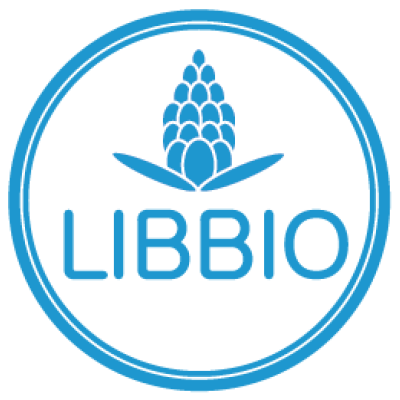
LIBBIO
Lupinus mutabilis for Increased Biomass from marginal lands and value for BIOrefineries

Lupinus mutabilis for Increased Biomass from marginal lands and value for BIOrefineries
The Andean lupin has long been grown in Ecuador, Peru and Bolivia. These plants are also suitable for cultivation in Europe, where they can thrive on what is currently marginal land. The LIBBIO project will aim to increase the crop yield and the percentage of lupin beans in the overall harvest weight (known as the ‘harvest index’).
Once adapted for European conditions, these plants will offer the potential – by applying bio-refinery cascading principles and modern crop breeding technologies – to produce food, animal feed and bio-energy products.
LIBBIO will also aim to establish consumer demand by developing a number of products, including food applications (based on lupin oil and seed protein) and some cosmetic uses. The project will also seek to accelerate development of the supply chain for lupin-derived products.
The objective of this project is to develop consumer food, feed, non-food and bio-energy products from Andean lupin varieties (Lupinus mutabilis) adapted to European farming conditions by applying bio-refinery cascading principles for crop value creation and modern crop breeding technologies. LIBBIO aims to increase crop yield and harvest index and accelerate supply chain development via a consumer-driven approach for developing high value-added food and non-food products by applying state-of-the-art solvent-free technology for raw material processing.
The impact of LIBBIO will consist of several dimensions
Description of the project.
New crop to provide bio-based products from poorest soils
8 July 2020
The goal of the LIBBIO project is to supply a range of products to the food, animal feed, and cosmetics industries by adapting the Andean lupin to grow as a biomass crop in Europe's poorest soils. Read more